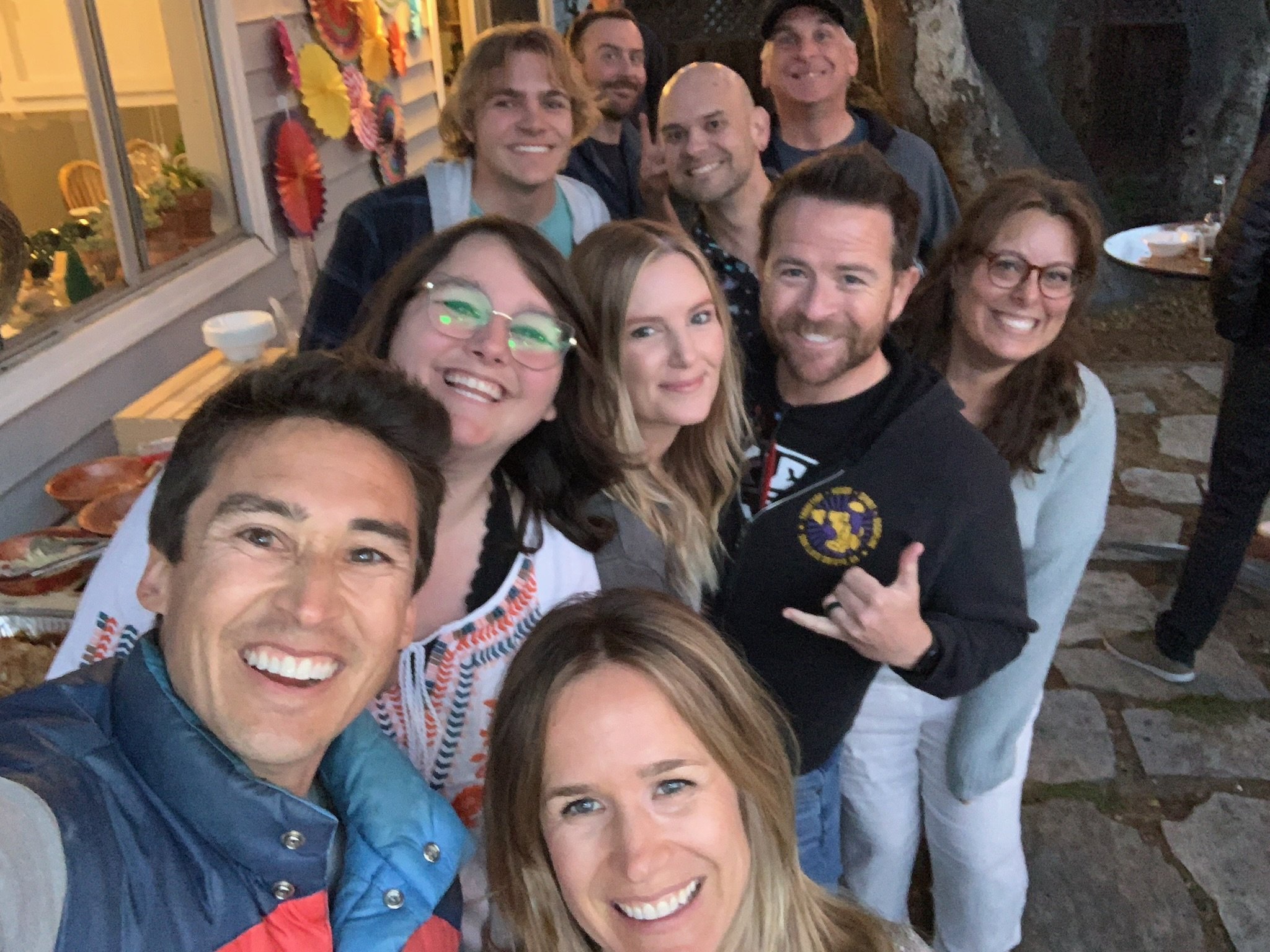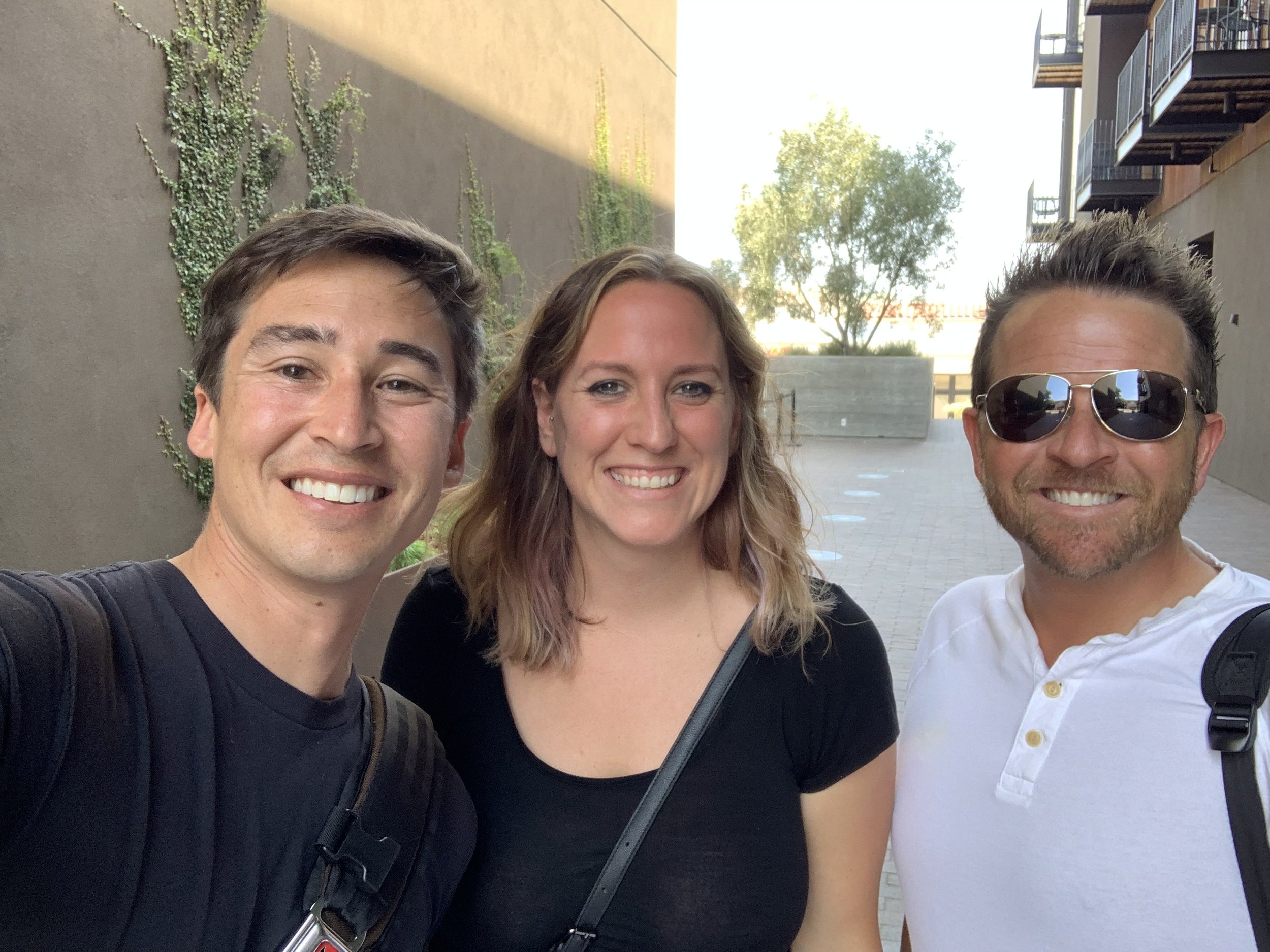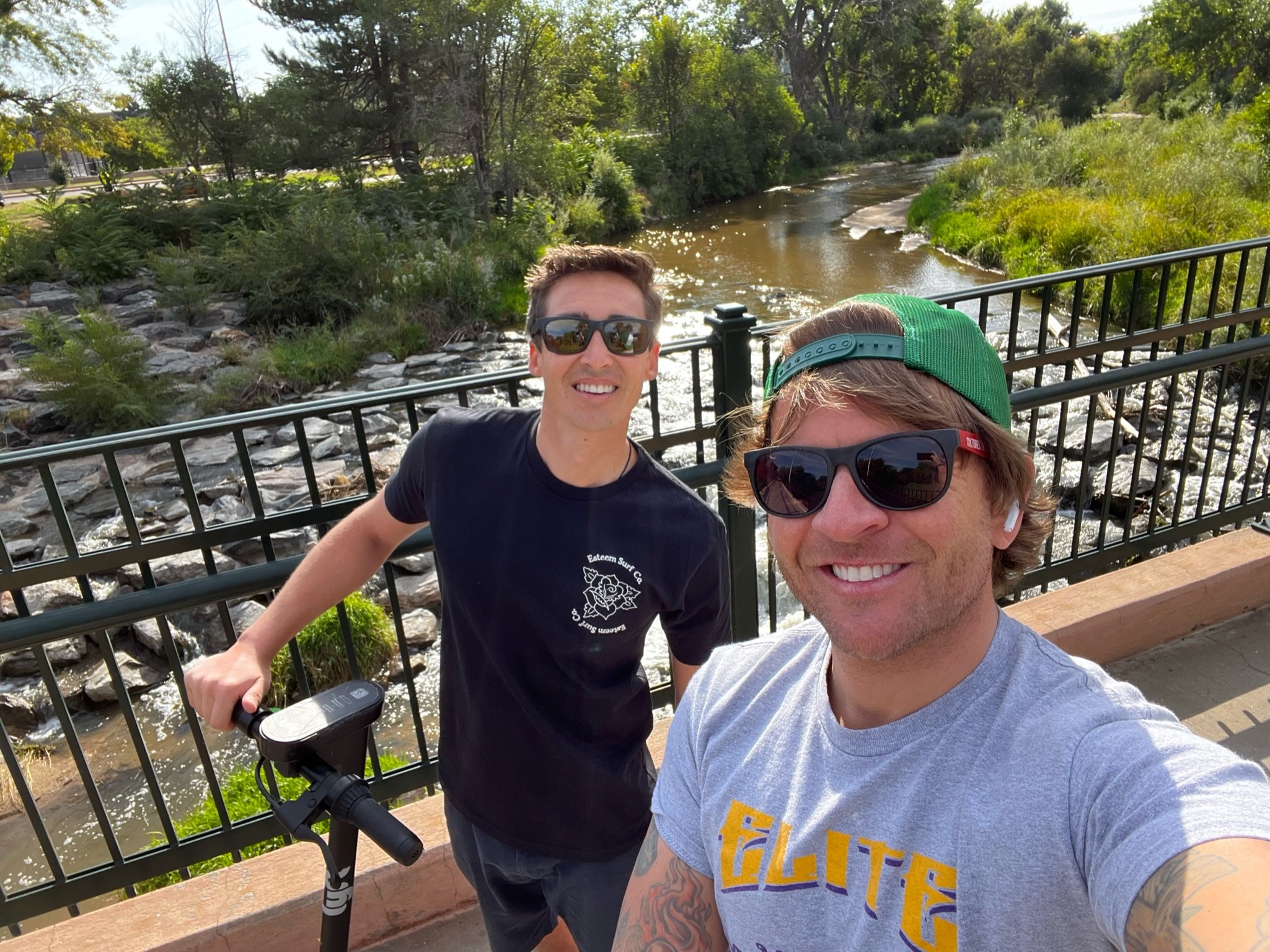The Power of Trust
the core of every relationship
Over this last week, the topic of trust has been popping up more and more in my daily conversation and everywhere in between from client sessions, to dinners with friends, to casual exchanges with strangers at the grocery store.
Stephen R. Covey says it best:
"Trust is the glue of life. It's the most essential ingredient in effective communication. It's the foundational principle that holds all relationships."
When you think about it, trust is the foundation of any solid relationship.
And without trust, there is no relationship.
Would you hire someone if you didn't trust them to do a good job?
Or would you work for someone whom you didn't trust to make the best decision for the company?
It would be chaos!
Because we are all human, and we all work with other people, this really got me thinking about WHY trust is so important in the workplace.
creativity, Performance + Happy Brain chemicals
When trust is present, or even better, when it is abundant, people feel safe to be their true (genuine) selves. And I'm not talking about wearing your Star Wars pajamas to work
When people are encouraged to be their true selves, they are more inclined to take moderate risks and go out on a limb, without the fear of having it cut off.
And it’s this level of risk-taking that drives innovation, creativity, and high performance in the workplace (ie. mo' money, less problems).
When there is an abundance of trust in the workplace, people are more open-minded, resilient, motivated, and solution-focused.
And in the presence of trust, our brain releases the happy, feel-good chemical oxytocin, which further strengthens this positive sense of well-being and also increases the level of trust we feel within our workplaces and teams - generating a positive feedback loop.
How to nurture trust
So how do we create the positive ripple effect of trust within our organizations?
Here are 3 ways to go about it:
1. Approach conflict as a collaborator, rather than an adversary.
Reframe mistakes as "learning opportunities" and use them as an opportunity to do things better than you did before.
2. Make communication HOT - Honest, Open and Two-Way.
People don’t like being talked down to or told what to do. Foster trust by making sure you communicate with your team members in a way that encourages a dialogue that is both open and honest.
3. Replace blame with curiosity.
When a problematic behavior or outcome is observed, engage your team member by first aiming to understand WHY the behavior or outcome is happening BEFORE trying to correct it.
Express curiosity and seek solutions by asking:
+ What can we do differently?
+ How can I support you in getting <insert specific result>?
By fostering trust among your people, you’ll benefit from increased engagement, higher levels of mutual respect and retention, plus greater financial performance.





